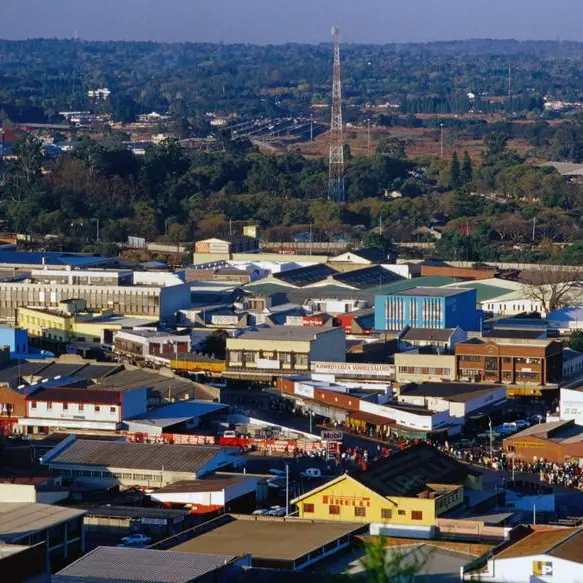PHOTO
A week after the Federal Government and the Central Bank of Nigeria (CBN) cleared the air on the legality of the old N500 and N1000, the local currency remains elusive and commanding higher premiums at Point of Sale (PoS) terminals.
Checks reveal that some sort of rationing is currently taking place because the banks have limited quantity of the old notes, a development that has made it difficult to meet the cash request of bank customers.
The apex bank had on Monday last week announced that the old and newly redesigned banknotes remain legal tender until December 31. The announcement brought relief to Nigerians who had gone through hardship as a result of the cash crunch occasioned by the CBN naira redesign policy since December 2022.
Most banks had returned the old naira notes collected from customers in the last few months before the CBN directed full compliance with the Supreme Court’s ruling, which extended the validity of old N200, N500 and N1000 notes to December 31, 2023.
Related News Monetary Policy Committee to raise rates on GDP, inflation considerations NGX, CBN, SEC partners to promote financial literacy TIS renames Lifetime Award category
A top bank official confirmed that the banks have insufficient supply and that there may not be better circulation of money even in the new week due to logistics challenges.
“We will wait for the CBN to supply us,” he said, adding that the amount banks get from the CBN is not enough to meet customers’ needs.
During a visit to some banks in Lagos, customers said though the banks have begun dispensing the old naira notes, they are limiting the amount that can be withdrawn over the counter and at ATMs to N10,000 and in most cases N5,000.
Findings also revealed that some vendors have refused to accept the old naira notes despite the CBN’s new directive.
While analysing the impact of the naira scarcity, finance experts were unanimous that February was a bizarre month in Nigeria, where a sudden extinguishing of about 75 percent of cash in circulation almost brought the economy to a screeching halt.
It was widely expected that inflation would decline by 0.86 percent to 20.96 percent. However, rather than decline, inflation stayed flat.
There are various reasons for this outcome but one of the principal factors responsible for this moderation in inflation was a sharp drop in the velocity of circulation of money outside the banking system, the analysts stated.
Copyright © 2022 Nigerian Tribune Provided by SyndiGate Media Inc. (Syndigate.info).





















